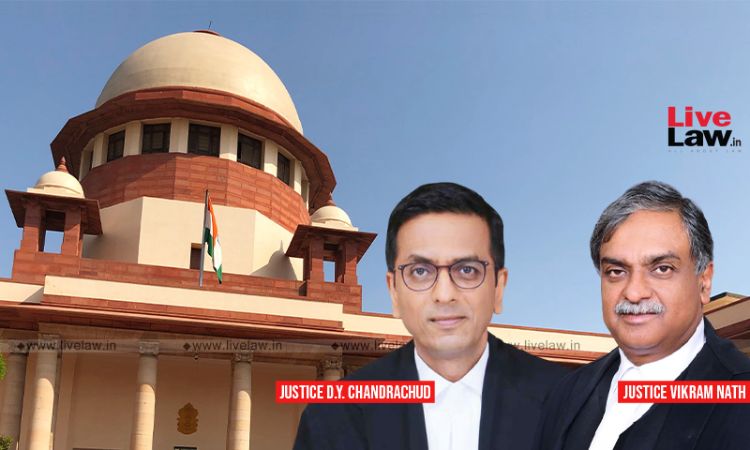State's Transfer Policy Must Give Consideration To Importance Of Protecting Employees' Family Life : Supreme Court
LIVELAW NEWS NETWORK
10 March 2022 8:11 PM IST

"The State's interference in the rights of privacy, dignity, and family life of persons must be proportional", the Court stated.
Next Story


